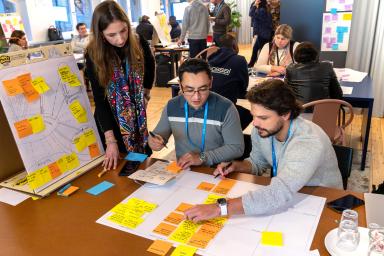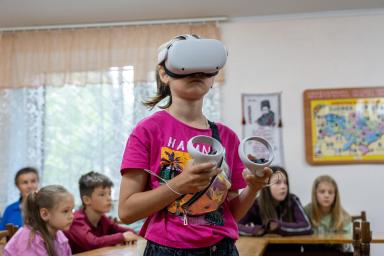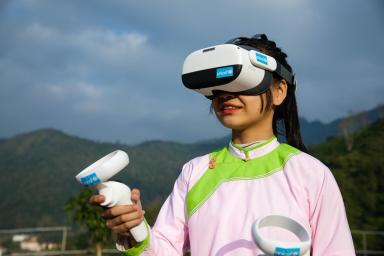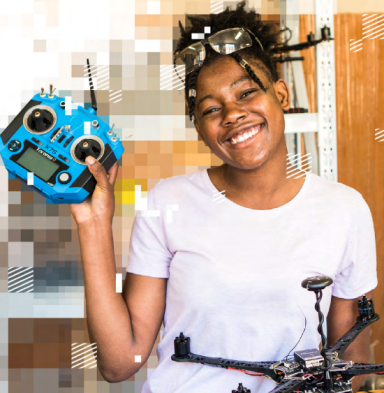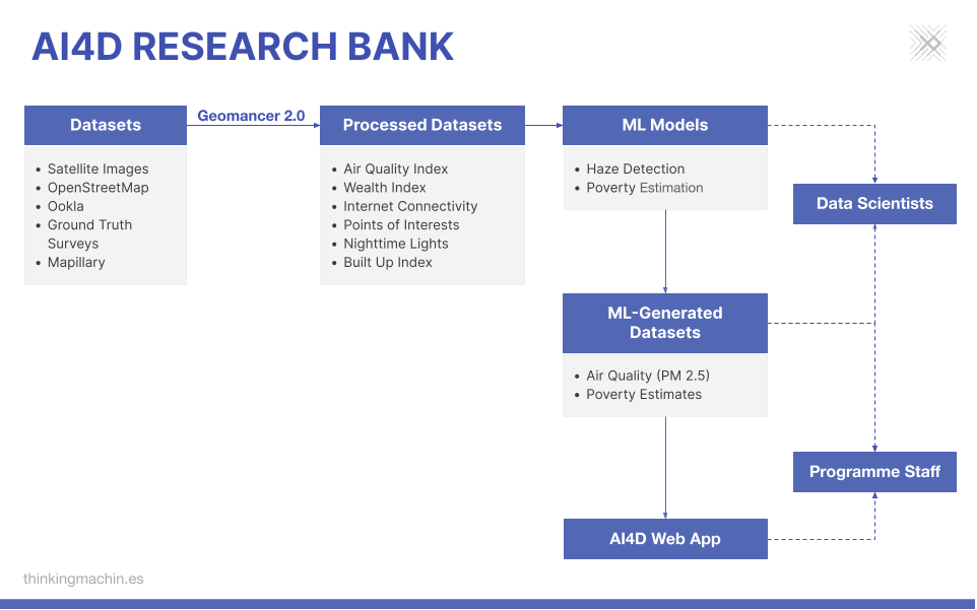
With UNICEF’s support, we are developing the following:
- Open source poverty estimation models for nine countries in Southeast Asia
- Open source haze detection model trained on Mapillary street images, satellite images, and meteorological data
- Open source geospatial feature processing pipelines for Ookla, OpenStreetMap, and Google Earth Engine satellite images
- Expanding the existing Geomancer open source geospatial feature engineering library
- Bringing in the open source and scientific communities via events
By open sourcing our solutions, we enable more organizations to build easily replicable and cost efficient machine learning models, while encouraging the uptake of free and unconventional data sources in the social sector to augment ground truth data.
About Thinking Machines
Thinking Machines Data Science is a data consultancy building AI and data platforms to solve high-impact problems. They are based in Manila, Philippines, with offices in Thailand and Singapore. As part of the Innovation Fund portfolio, Thinking Machines originally developed a poverty estimation machine learning model for the Philippines. They’ve continued to build on this work, developing geospatial AI models for measuring infrastructure development and economic growth across Southeast Asia where they work with governments, civil society, telecommunication companies, and the private sector to turn those insights into action.
Related Stories
